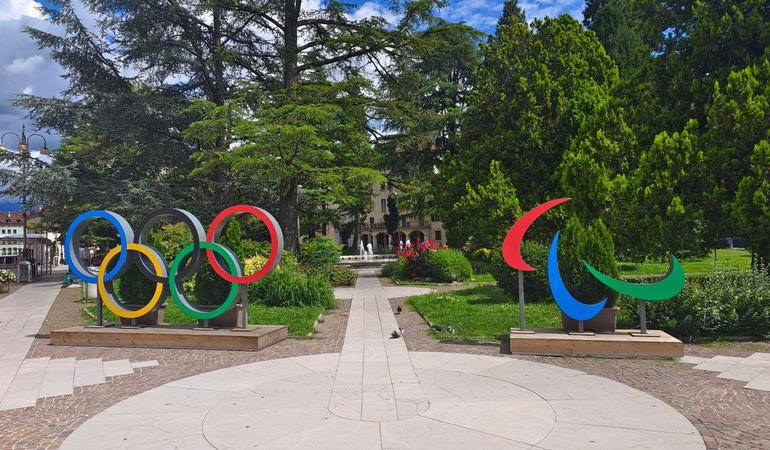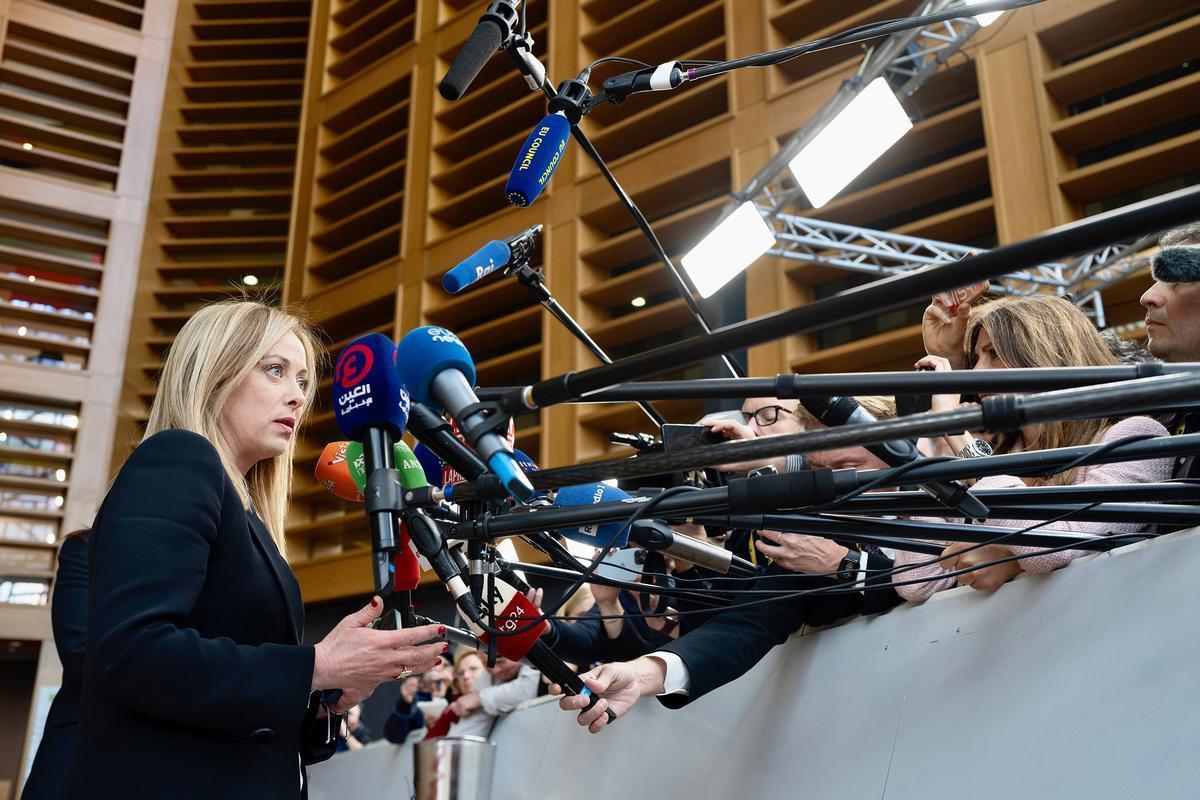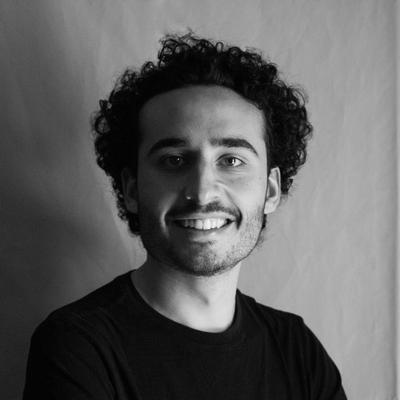
Milano-Cortina. Ecco come verranno spesi i 450 milioni di euro delle paralimpiadi



17 maggio 2024
Government control over the public service, "gag law", fearful complaints, intimidation, and violence towards journalists: in Italy, as in other European countries, 'press freedom and media pluralism are close to breaking point'. This is what emerges from the Media freedom report 2024 by the Civil Liberties Union for Europe (Liberties), a coalition of 20 non-governmental organisations including the Italian Antigone and Cild (Italian Coalition for Freedom and Civil Rights). On the World Press Freedom Day, Reporters without Borders published the updated version of its ranking, which considers the political climate, the safety of journalists, the legislative framework, the economic conditions, and the socio-cultural context. Our country ranks 46th in the world, with a loss of five positions compared to last year, and 19th out of 27 in the European Union, the only one among the founders to be classified in the 'problematic' bracket.
"The Prime Minister prefers to sympathize with a foreign premier who calls RAI executives to complain about an journalistic investigation"Vittorio Di Trapani - President of the Italian National Press Federation
The Liberties report cites "growing concerns about the Italian government's influence on the public service", in particular, the "significant internal organizational changes" impressed by the Meloni executive on RAI immediately after taking office and the consequent "editorial shift towards positions decidedly more in line with those of the majority". The latest episodes show this, from the cancellation of the monologue of Antonio Scurati (writer and author of M. Son of the century) on 25 April to the government's attacks on Report, an investigative Tv show. Last Sunday, from the stage in Pescara where she announced her candidature for the next European elections, Giorgia Meloni lashed out against the program's investigation into the Italy-Albania agreement to build detention centers for migrants.
'We live in a country where the Prime Minister prefers to sympathize with a foreign premier who calls RAI executives to complain about an journalistic investigation,' Vittorio di Trapani, president of the Italian National Press Federation (Fnsi), told lavialibera . Last November, the presenter of the Rai 3 show Sigfrido Ranucci was summoned by the Rai Supervisory Commission at the request of the majority. Completing the picture is the government's decision, already denounced by Fnsi, to cut the resources allocated to the State TV, a choice that, the Liberties report denounces, 'further threatens Rai's financial autonomy'. For this reason, the RAI journalists' union (Usigrai) has called a strike for 6 May, citing among its reasons 'the suffocating control over journalistic work' and 'the attempt to reduce RAI to a government megaphone'.
But also worrying is the negotiation with which Eni, a state-controlled company, is allegedly trying to sell Agi, Italy's second-largest news agency, to Antonio Angelucci, a Lega Nord deputy, and owner of the newspapers Libero, Il Tempo and Il Giornale. A hypothesis that 'makes pale any idea of conflict of interest that we have denounced in recent years,' says Di Trapani.
Russian media in exile, the story of three journalists Putin does not want
The Liberties report also scrutinizes Italy for "the increase in lawsuits brought by political figures to target those who criticise the government". These are the so-called Slapp ('strategic lawsuits against public participation'), an acronym that recalls the word 'slap' in English. In Italian they are referred to as querele bavaglio or querele temerarie: legal actions with little chance of success that public figures or companies subjected to criticism and journalistic enquiries bring simply to intimidate the plaintiffs and discourage others from following their example.
According to a study commissioned by the European Parliament, Italy ranks first in the Union in terms of the number of slapps opened in 2022 and 2023: more than a quarter of the gag lawsuits registered in the entire EU come from our country. Last February, the European Parliament approved by a very large majority the 'anti-slapp directive', which provides a series of guarantees for journalists and activists subjected to reckless lawsuits. Then, in April, the Council of Europe issued a recommendation asking member states to take concrete measures to counter this phenomenon.
"Instead of enhancing investigative journalism, journalism is being put under investigation, and with it the citizens' right to be informed"Vittorio Di Trapani
One of the 'slap in the face' was the daily newspaper Domani, which was sued first by Giorgia Meloni when she was still a member of parliament, then by the Lega Nord undersecretary for labour Claudio Durigon. Editor-in-chief Emiliano Fittipaldi was also summoned to the Anti-Mafia Commission for the enquiry into the alleged conflict of interest involving Minister Crosetto. 'Instead of enhancing investigative journalism, journalism is being put under investigation, and with it the citizens' right to be informed,' continues di Trapani. To complete the picture, last February the Italian parliament approved the European delegation law containing the so-called 'gag rule': an article, introduced by Action MP Enrico Costa, which delegates the government to insert into the penal code a ban on journalists quoting custody orders before the conclusion of preliminary investigations. And the proposal, currently under discussion in the Senate Justice Commission, to toughen the penalties for defamation by the press, even going as far as prison for journalists. Thus 'the right to reputation is put before freedom of expression', Liberties denounces.
In Italy politicians want to punish environmentalists with disproportionate sentences
Media ownership is concentrated in the hands of a few companies or individuals. This condemns information in many countries to a lack of pluralism and stifles independent media, undermining a fundamental cornerstone of democracy. The case of Hungary is emblematic: the media are still under the control of a few linked to Viktor Orban's government by direct funding. A similar context is observed in Poland and Croatia, while the Czech Republic curbs the phenomenon by passing a law preventing politicians from owning media companies.
The allocation of state advertising expenditure is a resource to subsidize media that have suffered significant drops in revenue and subscriptions, but it should be done indiscriminately and transparently. While in Hungary, state funding secretly ends up in the coffers of pro-government media, ignoring independent media, Lithuania has established a state fund for media projects, allocated through impartial tendering procedures.
Public information services should provide objective media coverage and promote public debate. This function is compromised in countries such as Hungary and Croatia, as well as Italy, where the government infiltrates the information field and takes the reins. A happy case is Poland: Donald Tusk's new government has intervened to distance the public service from political interference.
Restrictions on freedom of expression and forms of censorship are a problem in many EU Member States, particularly in Bulgaria, Croatia, Estonia, Greece, Hungary, Ireland, and Italy. In Croatia, there have been several cases of obstructing the work of journalists, who have been denied accreditation for events of public interest. This is not an isolated case; also in Germany, Hungary, Lithuania, and the Netherlands, governments continue to block journalists' access to documents or events of public interest.
In the face of all this, the level of public trust in the media is very low, particularly in the Czech Republic, Estonia, Germany, and Hungary, plus France and Greece. The alarming realization is that the decline of media freedom in Europe is directly proportional to its democratic backwardness.
La tua donazione ci servirà a mantenere il sito accessibile a tutti
Riformata. Così il governo vorrebbe la magistratura, ma l'obiettivo è solo limitarne il potere
La tua donazione ci servirà a mantenere il sito accessibile a tutti